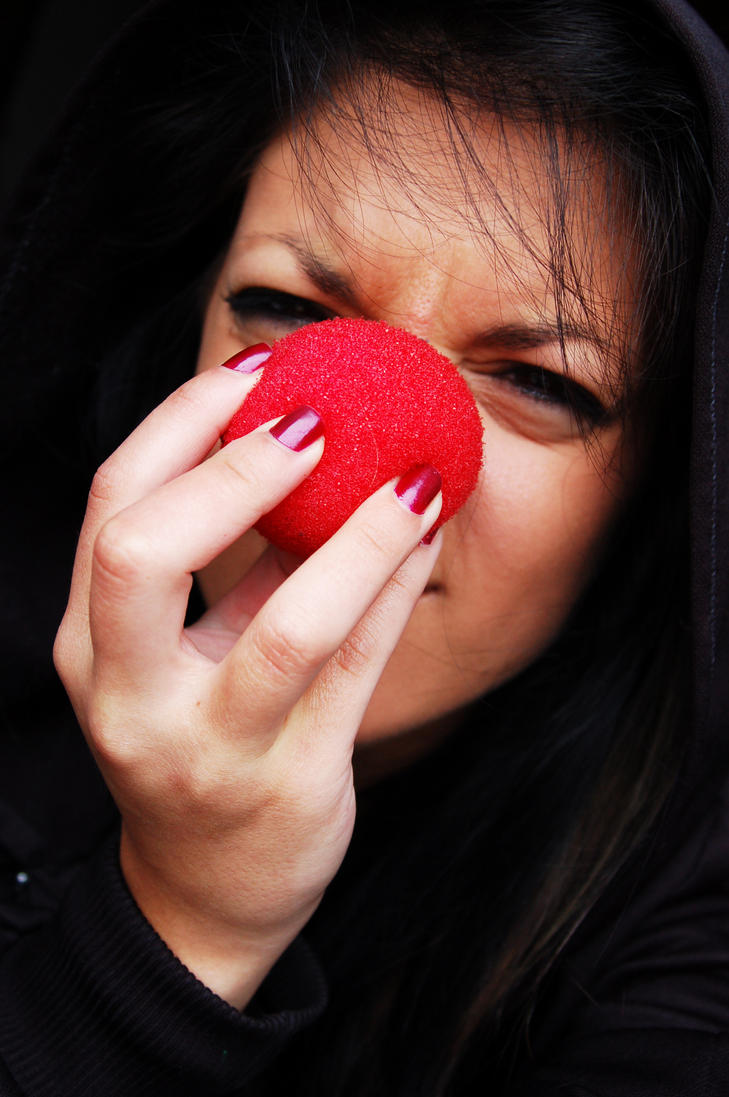Today in our hour lesson, we discussed TVO Charity that Mr Fearnehough visited last summer. The school has been involved in raising money by producing different events like TVO fun walk/run and IST got talent, to raise money for the charity. Mr Fearnehough talked to us about the charity and then asked us to be in this years IST's Got Talent. We are in charge of running and creating the event this year and I am really excited to do it!
Wednesday 10th April:
Today we sadly left Commedia and have started our new project which is Brecht! We have heard of Brecht before when listening to year 13's TPPP's and also some of us may have heard about him during TAPS. In Wednesdays lesson, we first discussed what we already knew about Brecht and shared ideas with eachother. We then moved on to his theories instead of his biography. Bretch's purpose was to make the audience think and react! He wanted the audience to instead of feel emotions, he wanted the audience to ask themselves questions like why did this happen, how did this happen... and also relate this to the audiences own experience. His plays were mostly about social & political issues that Brecht believed in.
A main feature of Brecht Theatre is the A-Effect. The A-effect is to make the audience feel alienated.
This can be achieved by :
- using a narrator so the story is told before it being watched. This helps the audience to think about the questions like why does this happen and how ?
- uncomfortble seats helps the audience not be comfortble and makes the audience more alert.
- Having the actors sit in the audience instead of them going offstage helps the audience relate to the actors because it makes them real people. It also suggests equality between the actors and audience.
- Allowing the audience to see all the lighting, no curtain to hide it behind. This helps the audience know that it is a performance and it is not real.
We then watched a video about Bretch and his wife. It talked about the play Mother Courage which was Brechts first performance in his style. It discussed teh different features of Brechts theory.
Today really helped me understand Brecht and why he created this genre of theatre. I sometimes struggled to understand some information about the social & political issues because I don't understand much about politics unlike the history students in the class. I was curious to see how Brecht was performed but I was also a bit worried as it is very different to Commedia which is what we just got used too and it is also very different to Stanislavski which is what I am used to in GCSE.
Thursday 11th April:
Today we got up and actually did some exercises that were based on Brecht features.
We learnt about Gestus which is working with gestures and attitude so that the audience can understand the story and emotions without their being any dialogue. This is because Brecht understood that some of his audience would not be able to understand the dialogue as they might not be educated as he performed to middle and lower class people. It was important that they understood the story so they have the same effect as everyone else.
We did an exercise working with Gestus, we were put into pairs and had 10 seconds to produce a freezeframe that represented the emotions that was given to us. The emotions we were given were love, intimidation, regret and respect.
How did i feel after the exercise?:
- i did not feel the emotion i was acting out.
- mine and axel's freeze frames were not precise enough for an audience to understand the emotion
- we needed to communicate a story more
- needed to exaggerate the gestures more for an easier & clearer understanding
I realise that we all understood eachothers freezes because we are from the same culture and understand eachother.
We then did a group sceanario which was a battlefield and we had to show gesture with attitude. We had different emotions in the battlefield.
- sounds made the sceanario better and louder
- might want to show the characters and why they did the emotion
- we had different groupings on stage, fighter at the front, wounded but still fighting behind and then at the back we had the soldiers that gave up in different ways. Next time we would perform the different emotions one by one for focus and emphasis.
I learnt today that with Brecht you need to be incredibely precise to get the best quality work and I think that this is going to be difficult.



